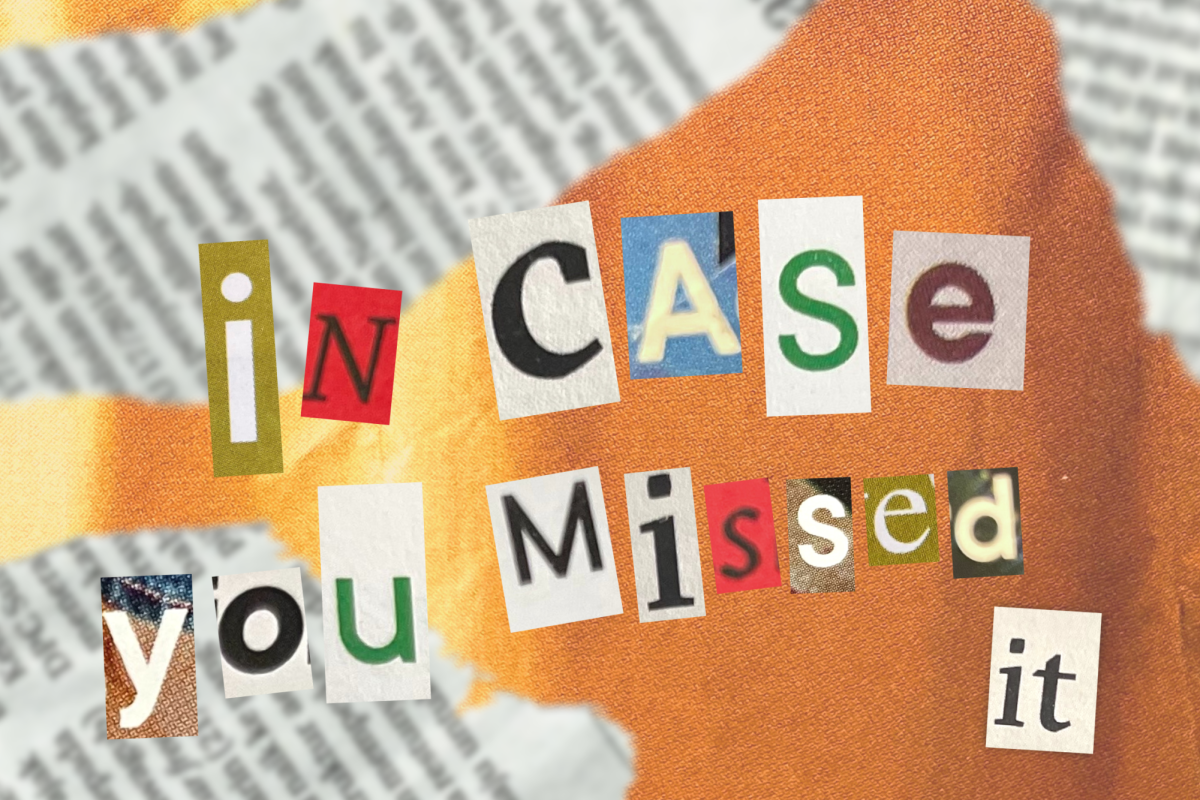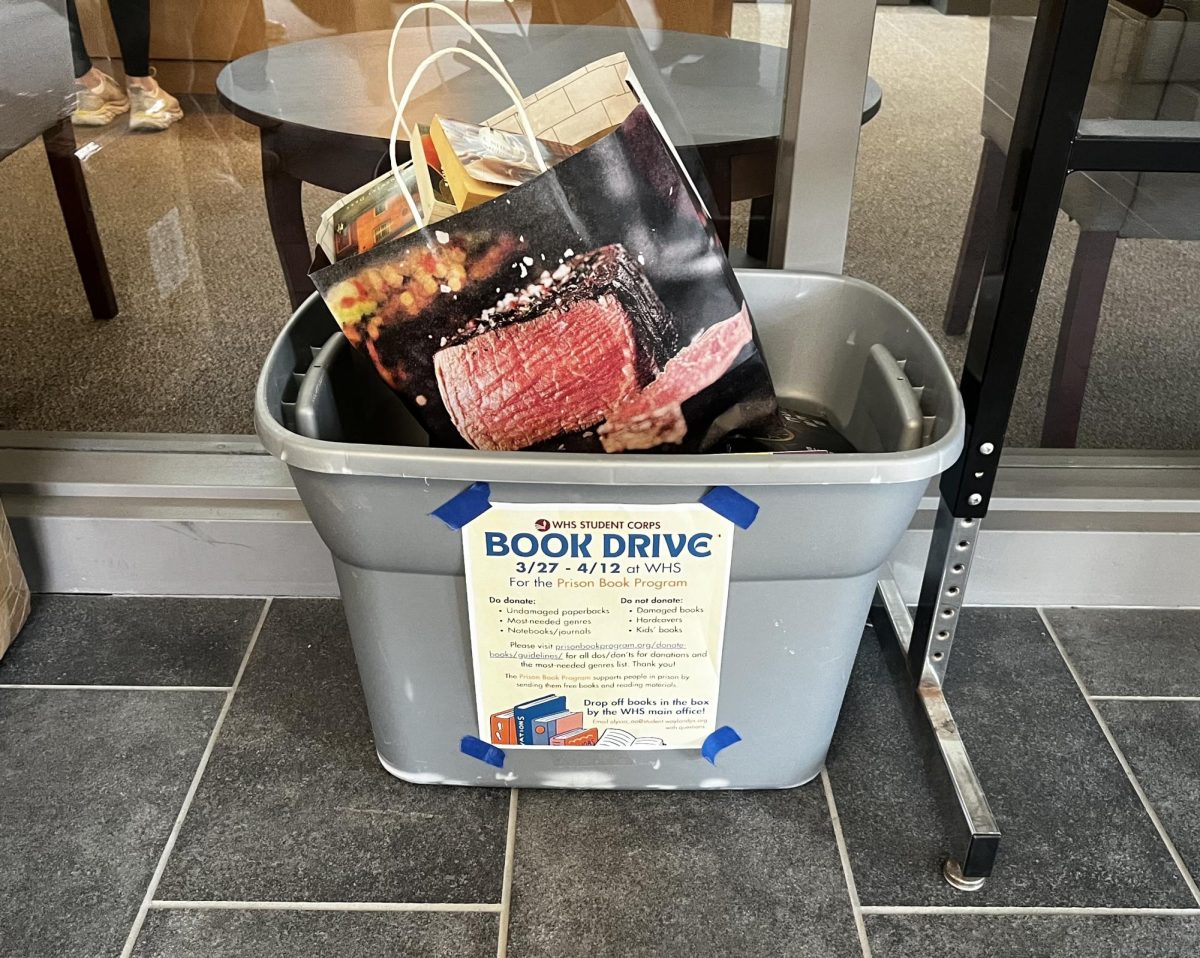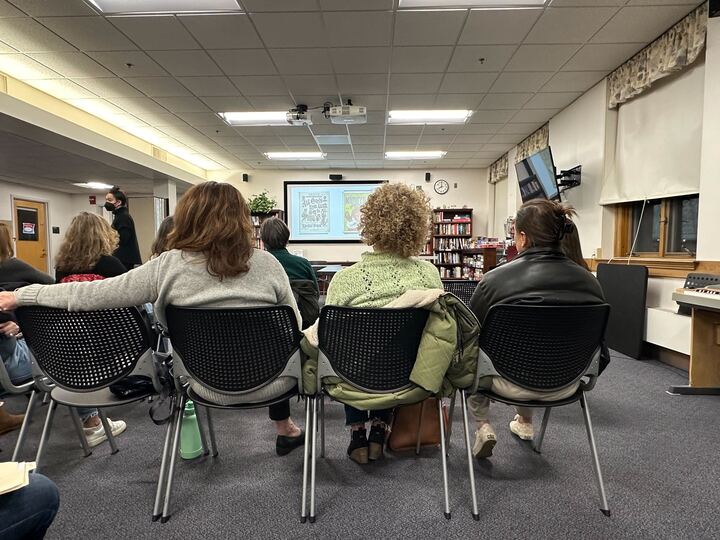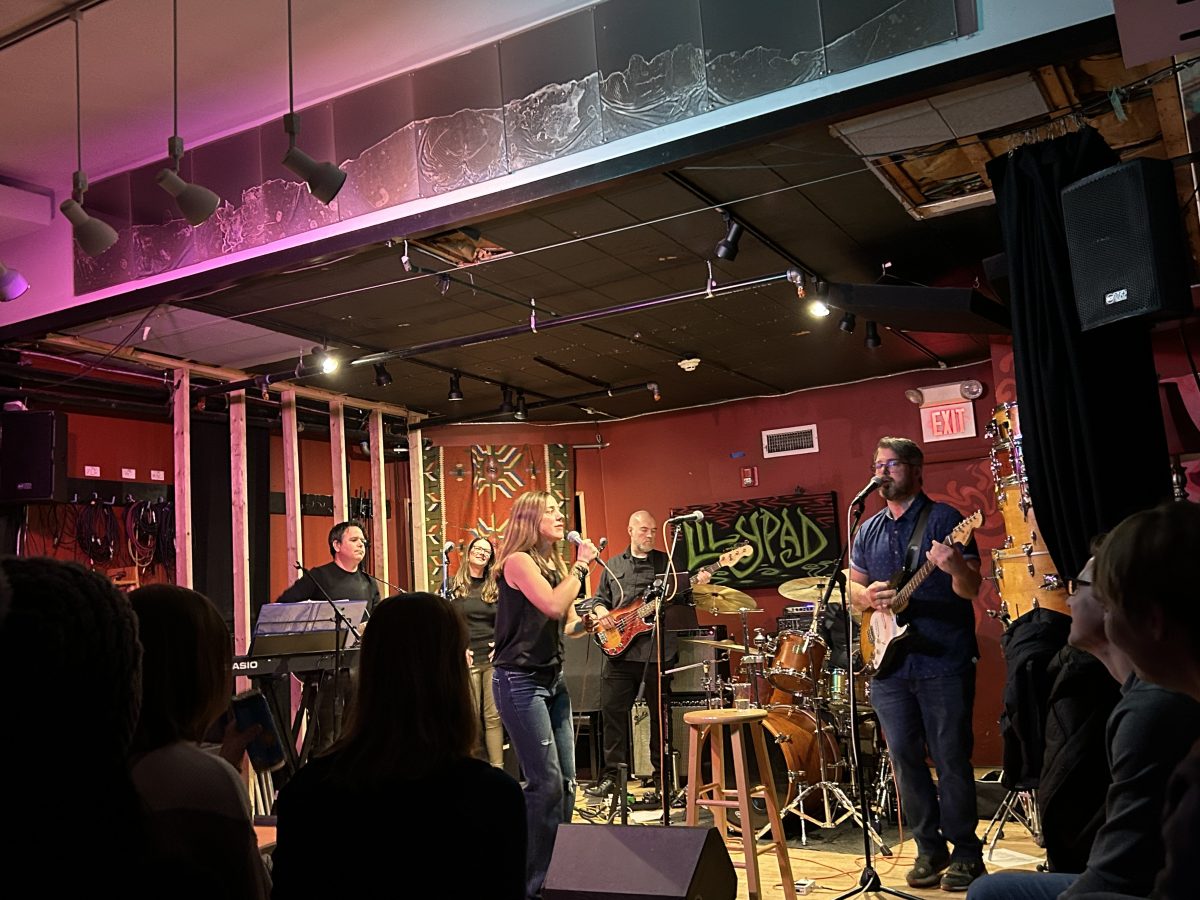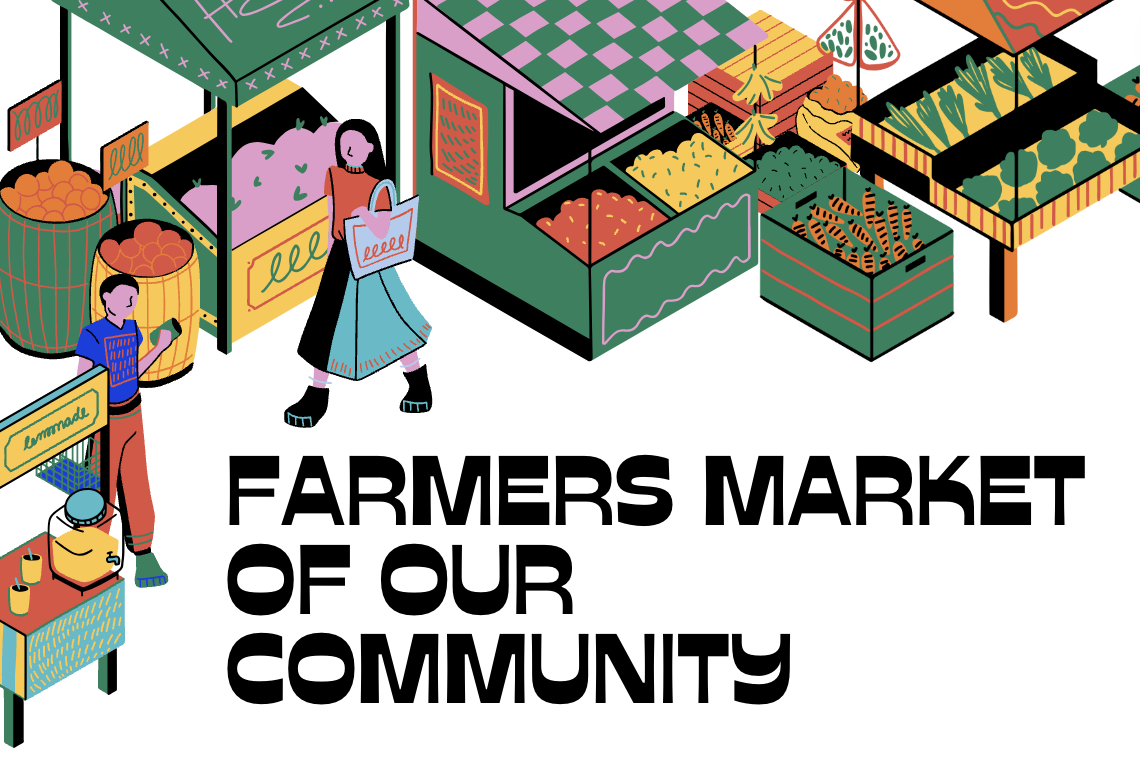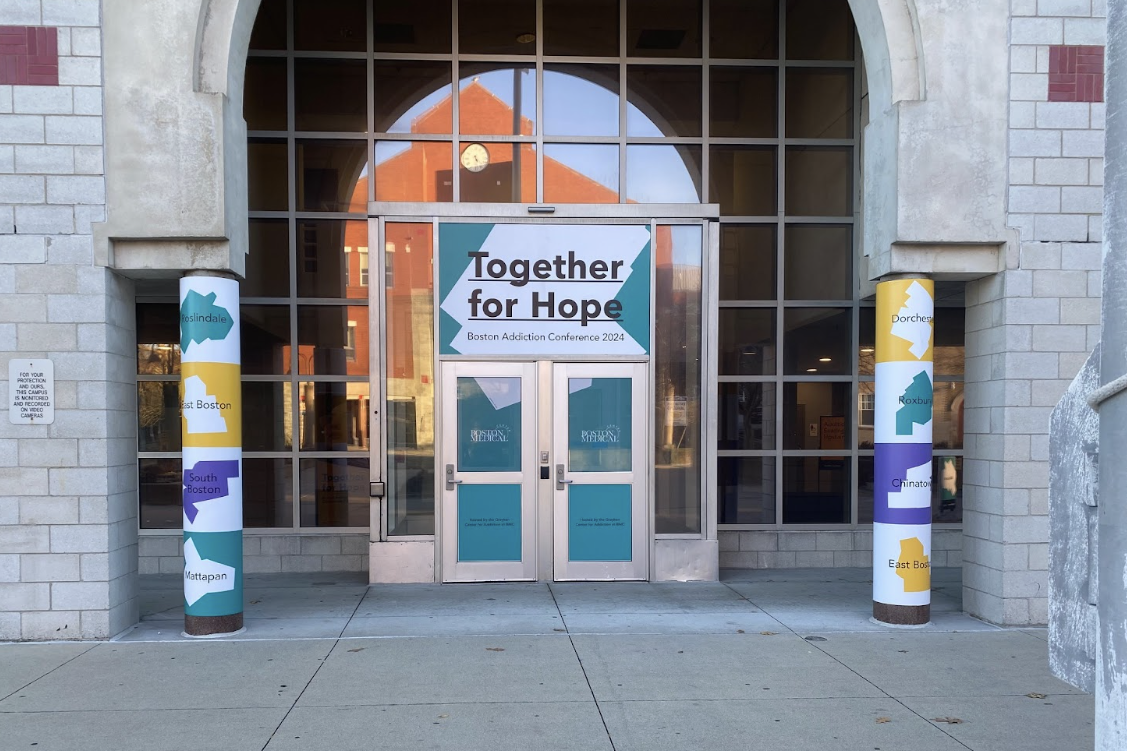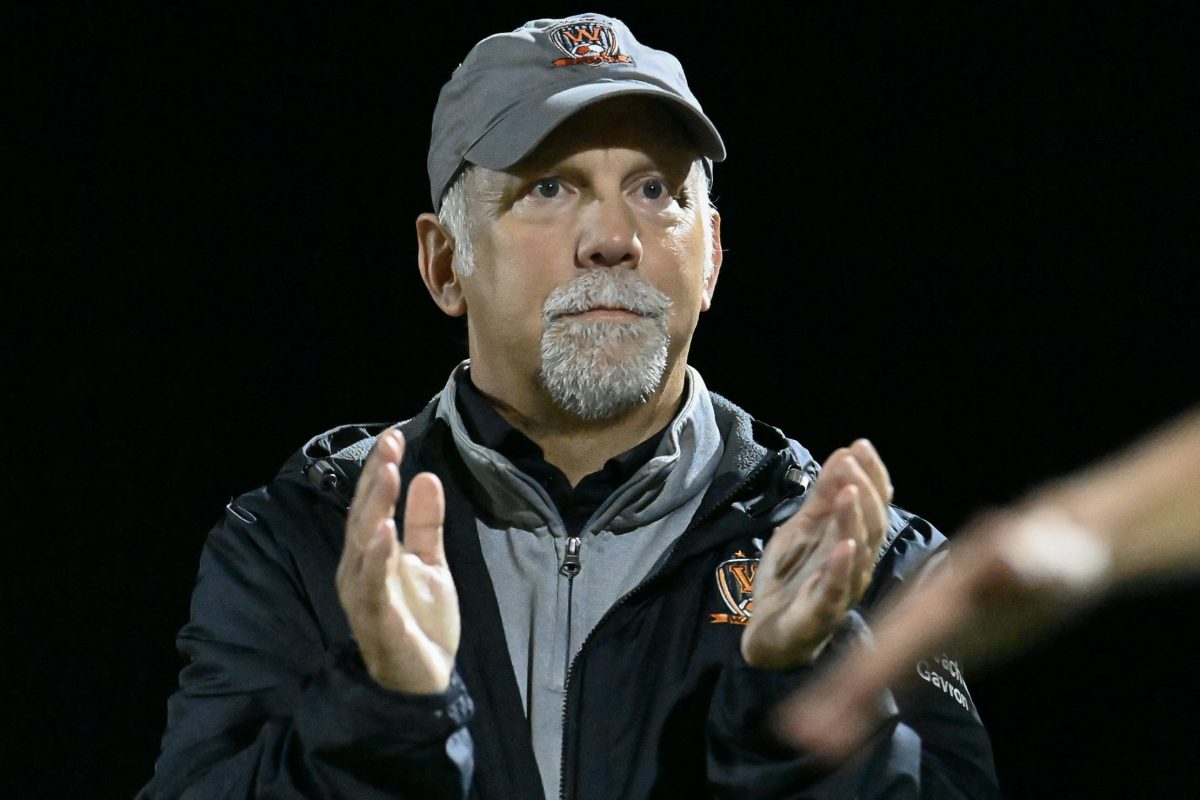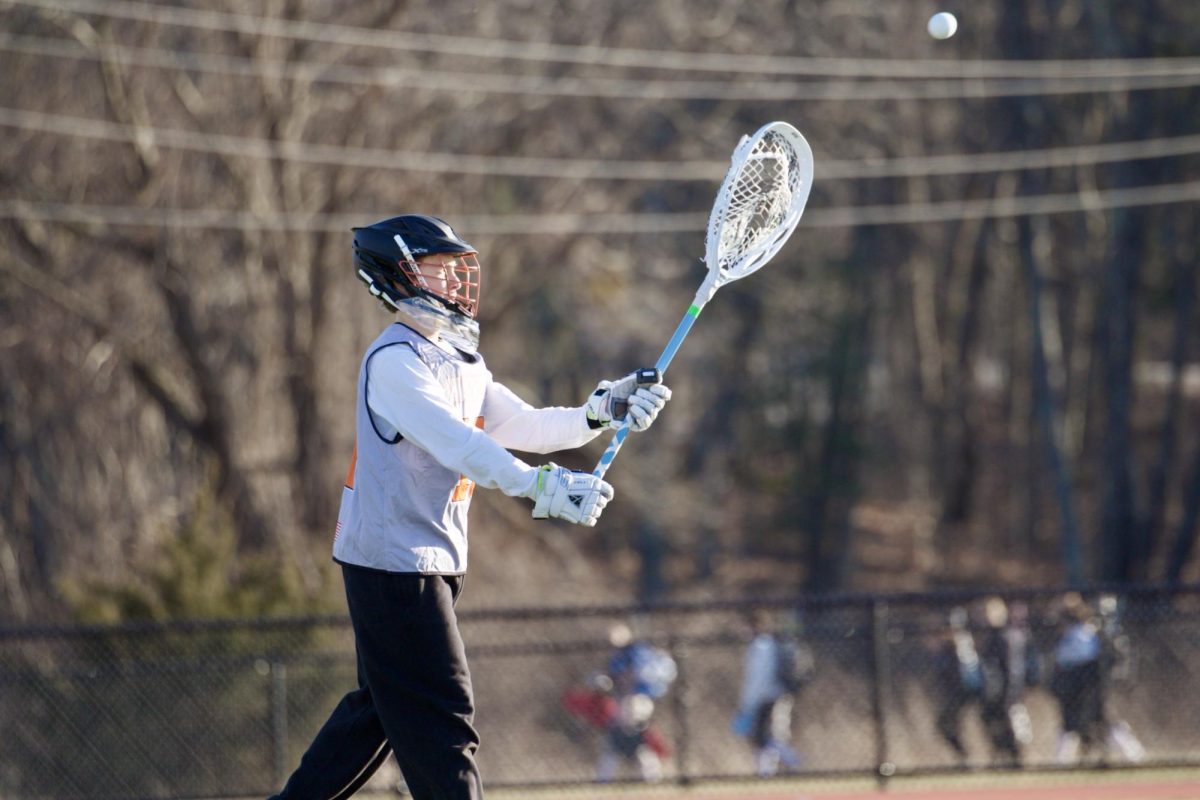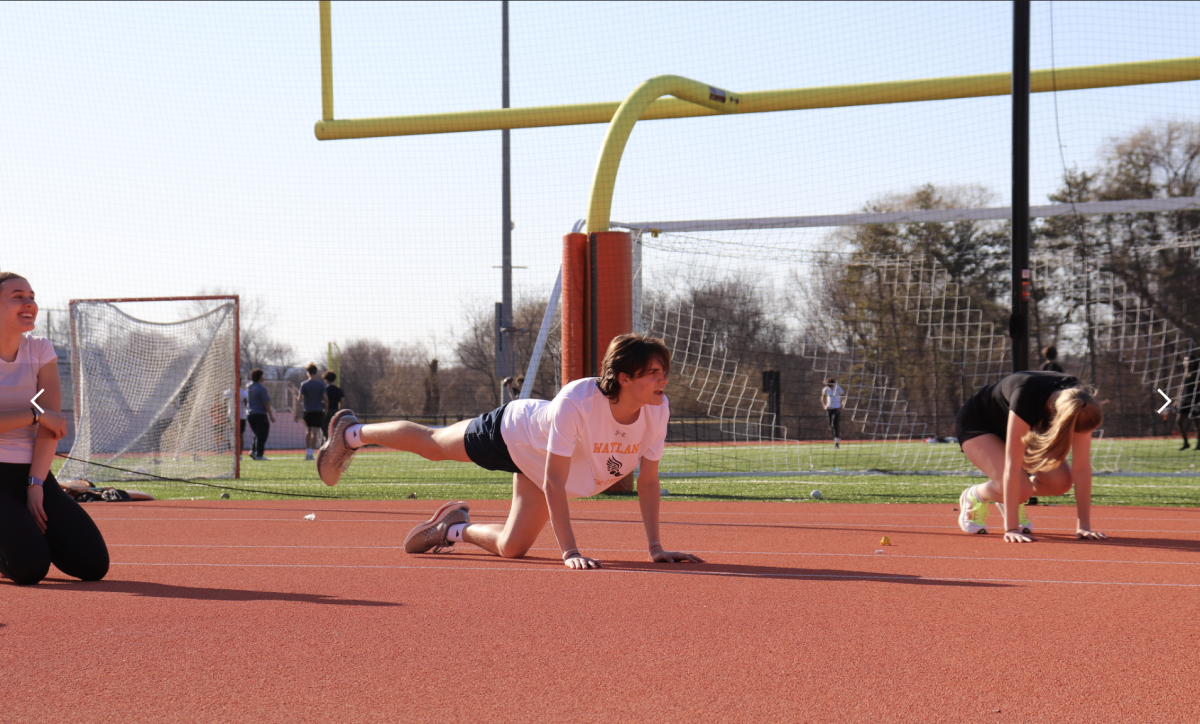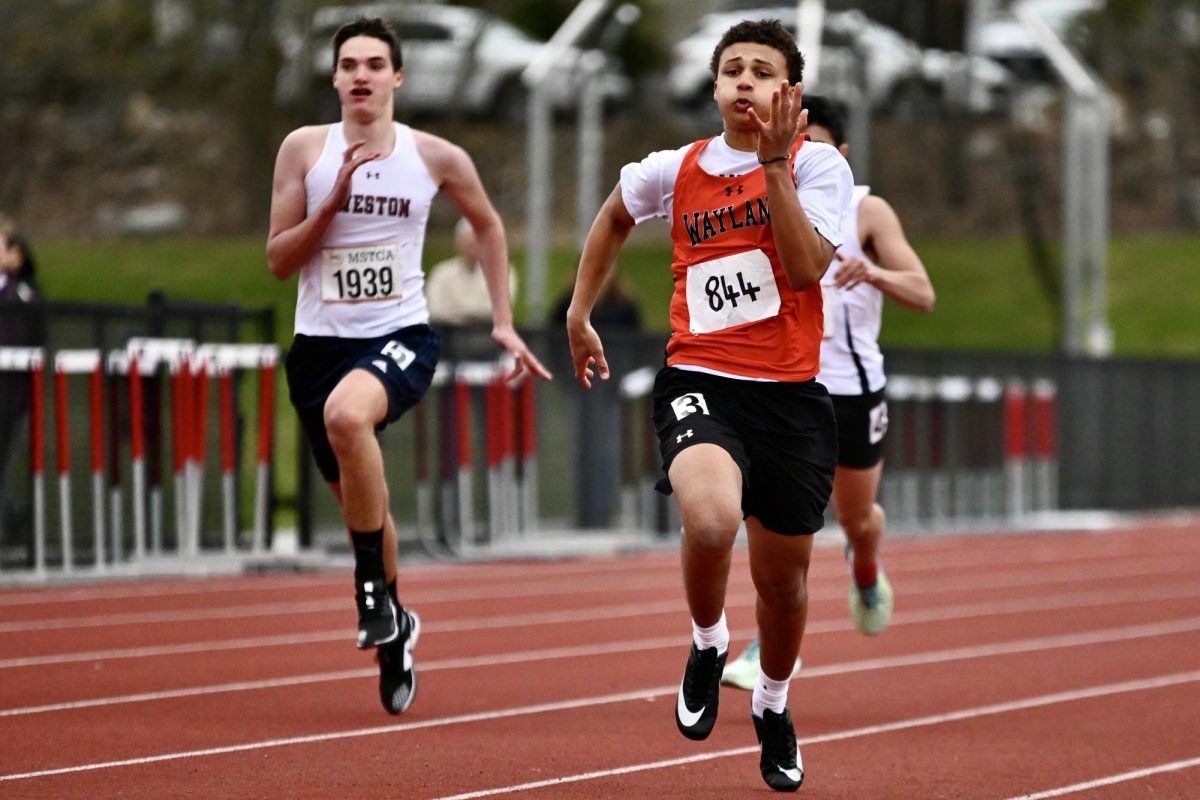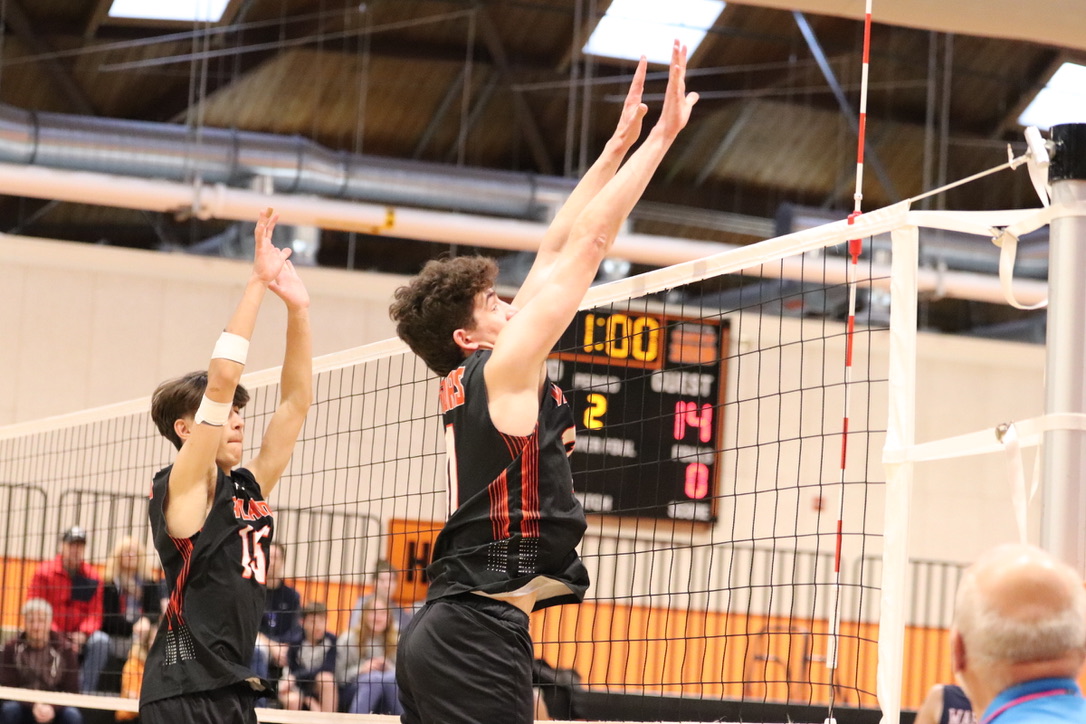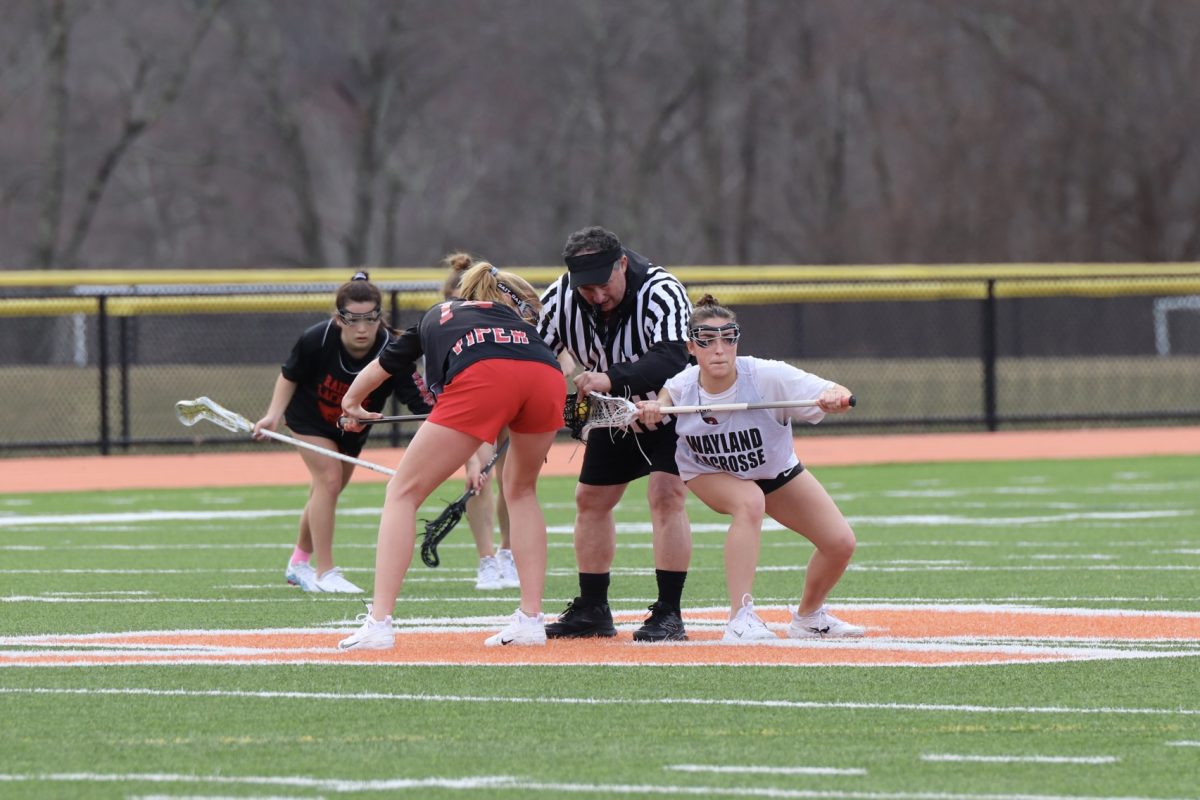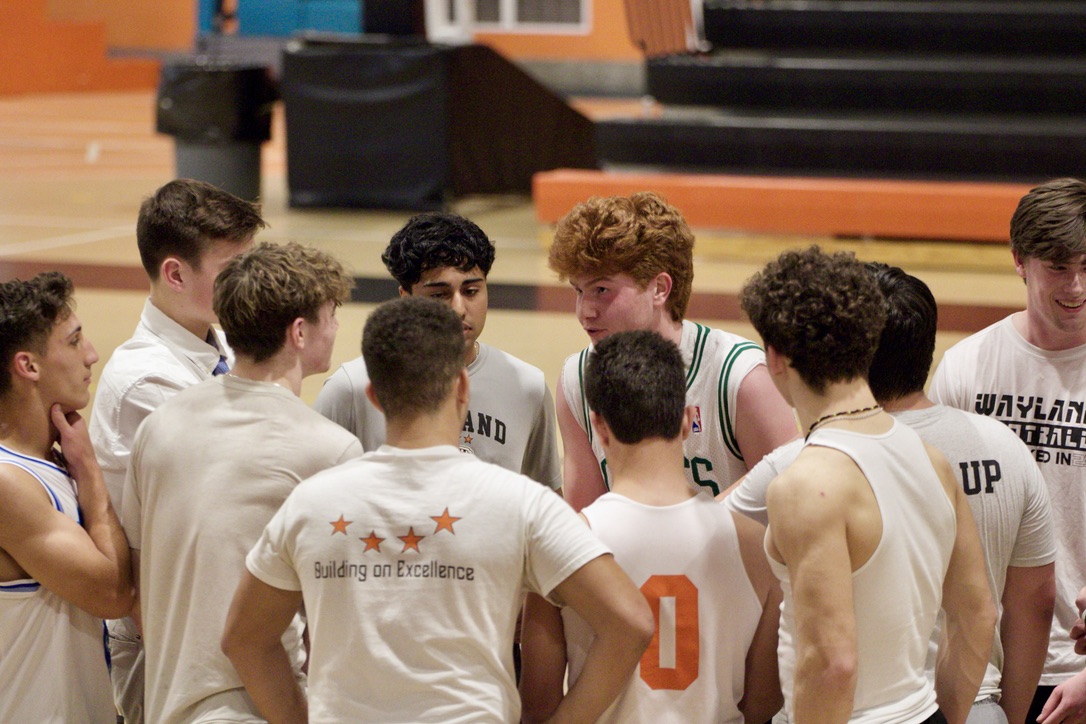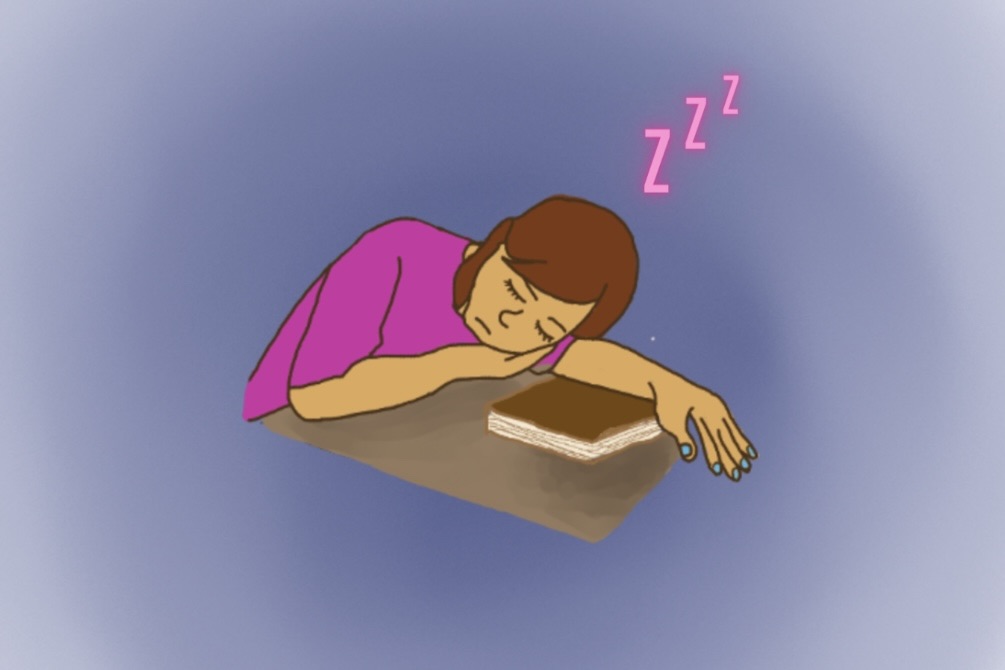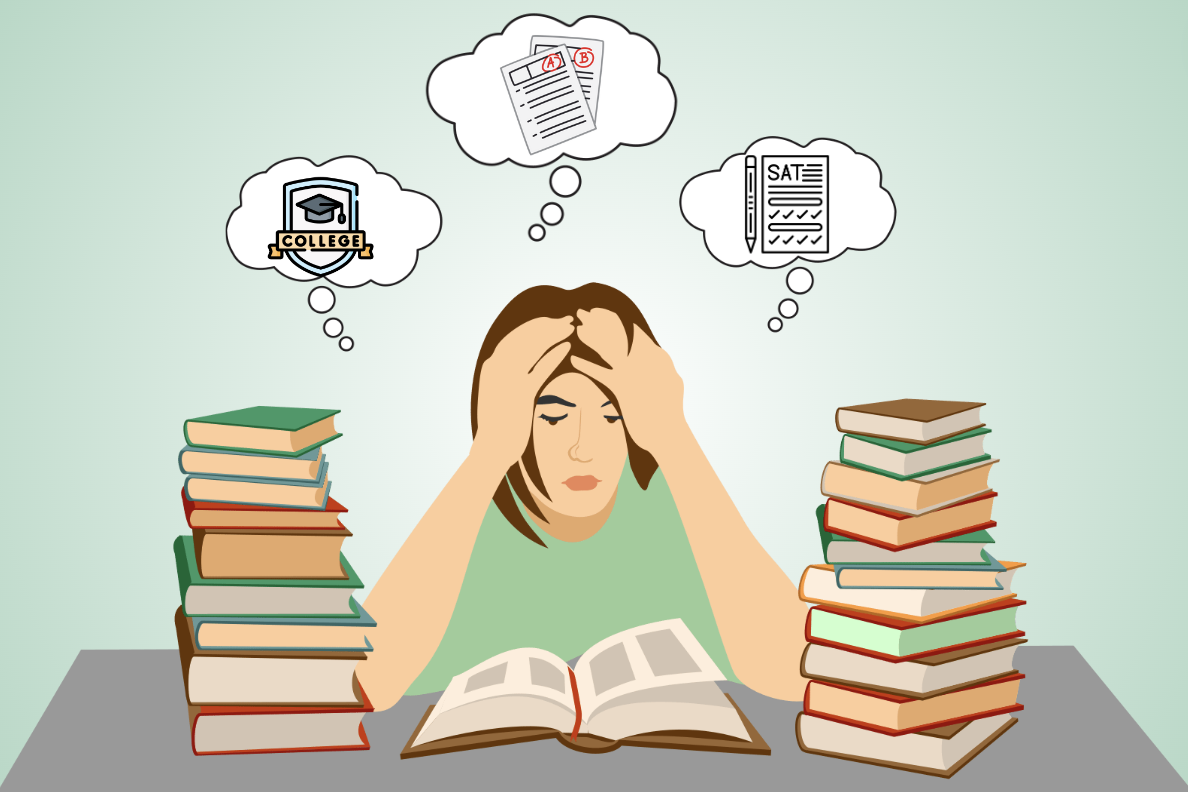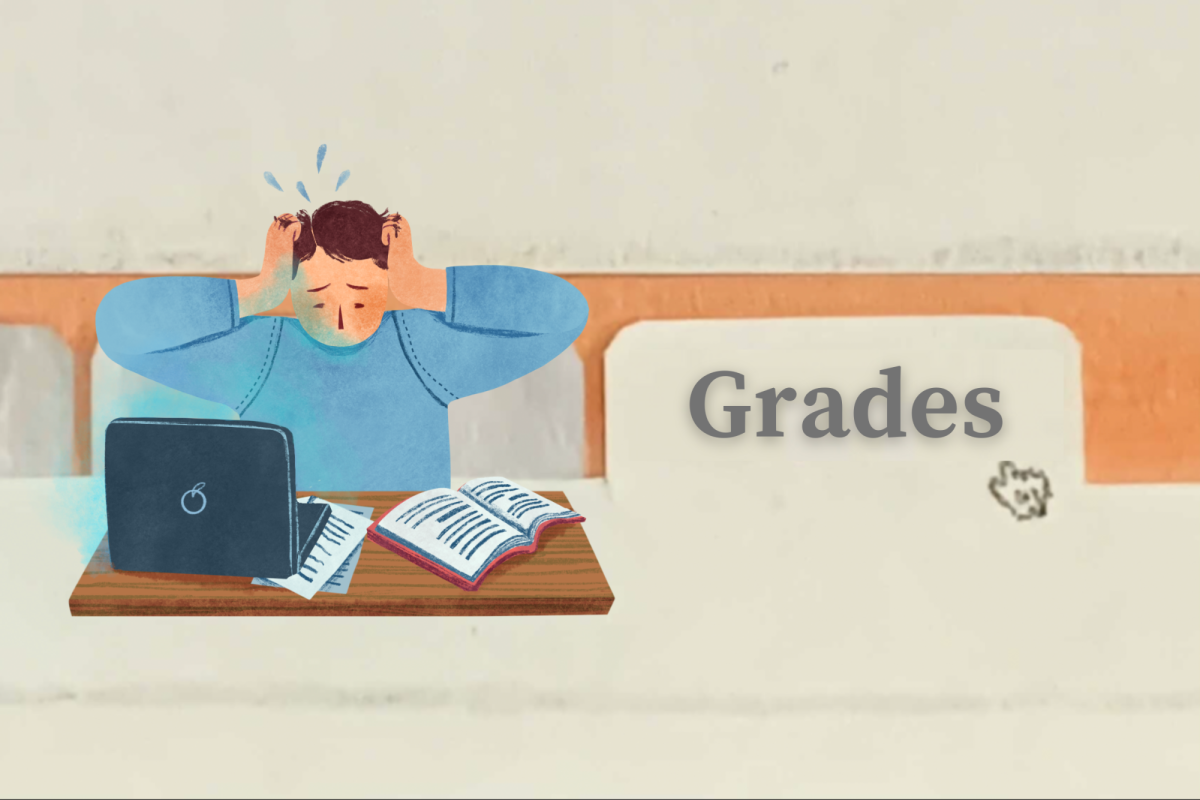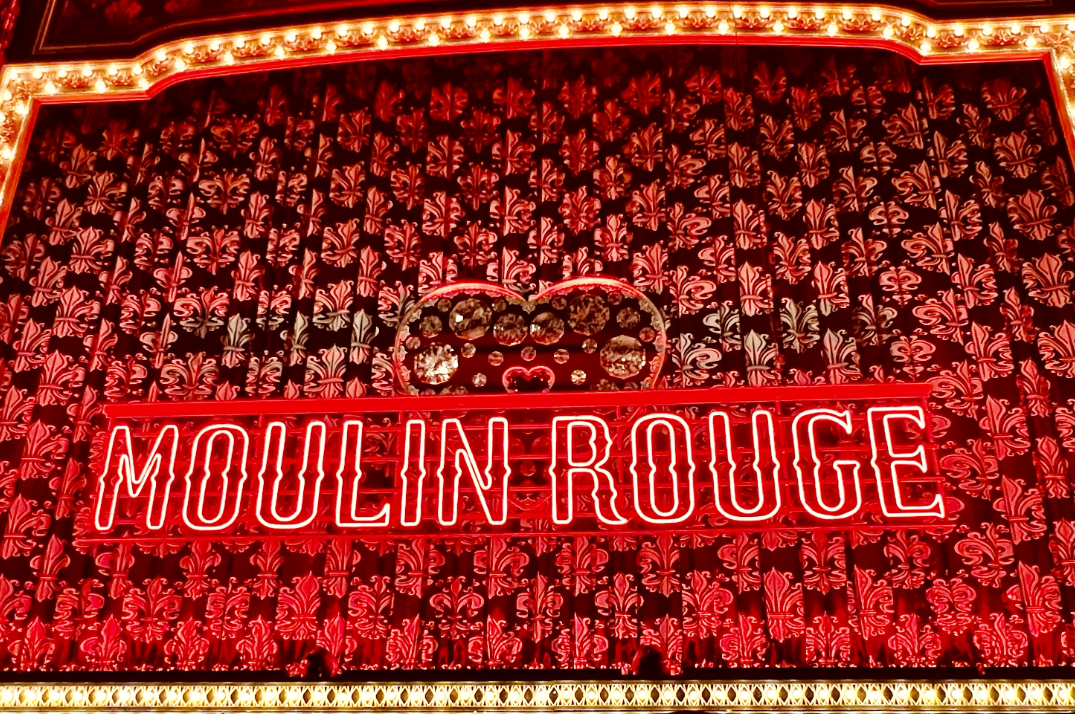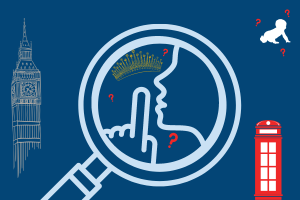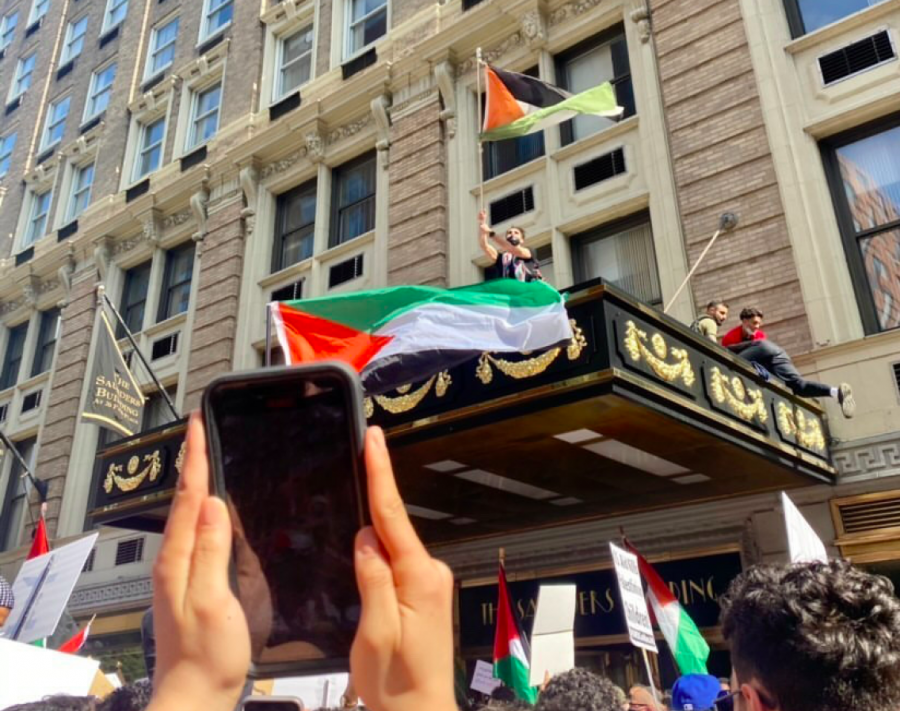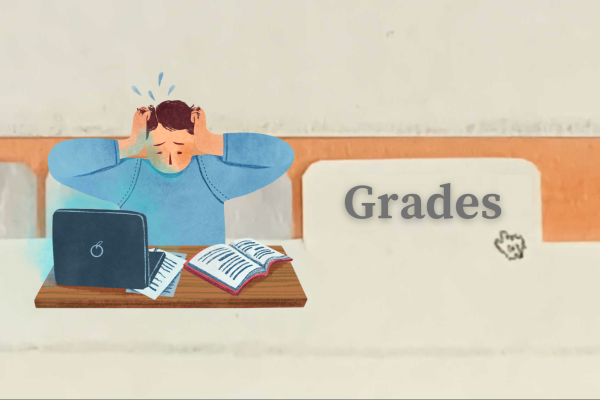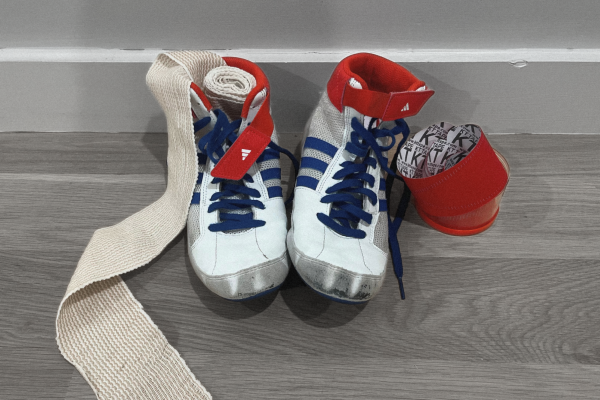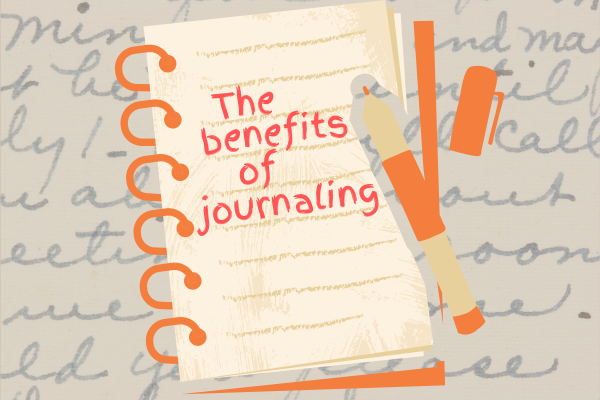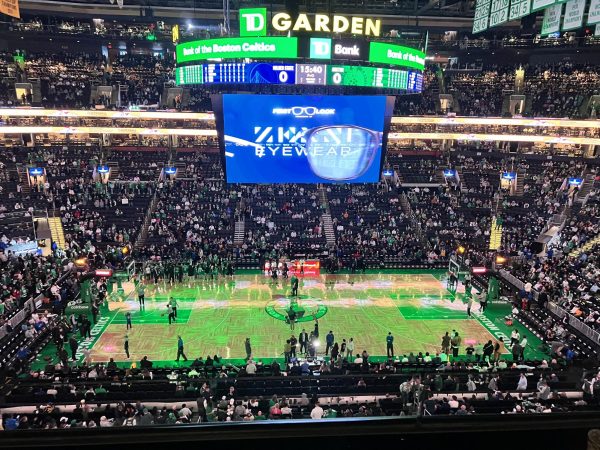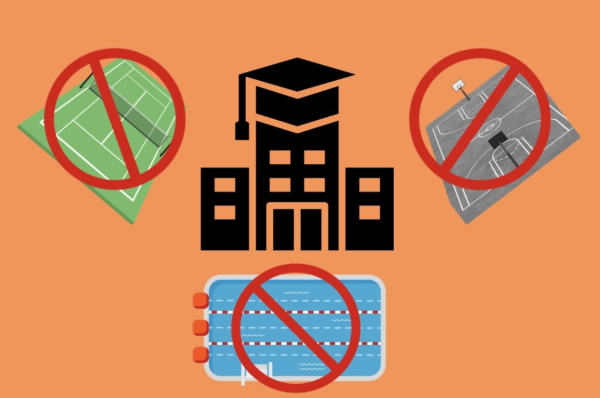Opinion: Social media is becoming dangerous to the Israel-Palestine conflict
Credit: Courtesy of: Hedaia Elelimy
WSPN’s Genevieve Morrison discusses the dangers of misinformation on social media surrounding the Israel-Palestine conflict.
Over the past year, Instagram changed from a platform for social media to a platform for social change. Hashtags like #blackouttuesday encouraged Instagram users to spread awareness about racism and police brutality. During the lead-up to the election, a similar situation occurred. Many celebrities and public figures broke longtime silences on politics to encourage people to vote blue. These movements sparked a new youth engagement in politics, and they made a change. Record numbers of people turned out to vote, millions attended Black Lives Matter protests, and it’s all thanks to social media. Young people becoming aware of the injustices in the world is promising for the future. However, this change is a double-edged sword. It’s great that we have an environment where people feel free to express their opinions, but the problems arise when people feel like they need to speak out on issues that they aren’t educated on.
Recently, the Israel-Palestine conflict has been dominating news outlets and social media feeds around the world. Seeing a prevalent topic with clear human rights violations would spark outrage in anyone, but this issue is unlike most. The present conflict dates back to the 1940s, but both groups have been disputing over Gaza since pre-biblical times. Seeing one infographic cannot give you nearly enough information to understand the whole situation. Not only is this conflict a political one, but also a religious one, which brings a whole other nuance to this matter. Both sides of this issue are historically disenfranchised religious groups, so words hold lots of weight when referring to them. Unfortunately, pro-Israel supporters can play on Islamophobia to discourage empathy for Palestinians. Middle Eastern people are often generalized as violent, so recent attacks against Israel only reinforce these stereotypes. While Hamas is qualified as a terrorist group, there are millions of Palestinians caught in the middle of this conflict who are in no way to blame for recent attacks against Israel. The word “terrorist” is often used to fear-monger and incite hatred, so referring to Palestinian people as such is demonizing. On the other hand, denouncing Zionism or Judaism instead of the state of Israel is antisemitism that can too easily be hidden under the guise of advocating for Palestine. This should go without saying, but not all Jewish people support Israel. Not even those who do support Israel support the violence that the government is carrying out against Palestinians. People are not responsible for the actions of the government. Conflating all Jewish people with the state of Israel is not only inaccurate but incredibly damaging. Anti-semitic violence is on the rise, considering 60% of all religiously motivated hate crimes are perpetrated against Jewish people. If people automatically associate the religion with the state, any anti-Israeli sentiment will be widened to include innocent Jewish people.
You can’t believe everything you see. When young people find the opportunity to speak out against injustice, they also have the responsibility to make sure their information is correct, which is easier said than done, especially for teenagers. In our busy lives, many people don’t have the time to extensively fact-check every statistic they see on Instagram before reposting. Unfortunately, this phenomenon even affects high-powered celebrities and politicians with millions of followers. Last week, a spokesman for Prime Minister Netanyahu, Ofir Gendelman, posted a video on Twitter that claimed to show Palestinian militants shooting rockets at Israelis. However, this video was not what it seemed. It was actually a video of Syrian bombs from 2018. The caption read: “Here’s more clear evidence that terrorist militia Hamas deliberately fires rockets from inside residential neighborhoods in Gaza. This is a terrible war crime.” Although Gendelman deleted the tweet, the fact that he ever posted it is troubling. A simple reverse image search would have revealed where this video was from. If we can’t expect this due diligence from world leaders, can we expect it from each other?
Young people don’t need to have nuanced political opinions. Getting into politics early can help you form your beliefs and values, but the opinions themselves aren’t as important. Even less important is policing each other for not being “woke” enough. Recently, I’ve heard the term “performative activism” thrown around a lot, so this is how I see it. Spreading awareness on its own is not activism. However, spreading awareness is not performative activism. When you’re a teenager, you don’t have a disposable income to donate, can’t attend protests and largely have no outlet to express your support for a cause. If spreading awareness is all you can do, then that’s fine. However, it should not be the end-all-be-all. After all, it’s possible to have beliefs without sharing them on social media.
People are eager to help this movement, but when it’s happening on the other side of the world and the media seems to lie to us at every turn, it’s hard to know what to do. For many, this is an emotional issue. People who have family or heritage in one of the nations might be desperate to spread information that might help their cause, but end up accidentally perpetuating a lie. I wish I could point to one thing and say “this is the problem” but I can’t. All I know is that this issue is too heavy to look at from behind a screen.
Your donation will support the student journalists of Wayland High School. Your contribution will allow us to purchase equipment, cover our annual website hosting costs and sponsor admission and traveling costs for the annual JEA journalism convention.

Genevieve Morrison, Class of 2023, is a third year reporter and co-editor-in-chief for WSPN. She plays field hockey and is a co-captain of the softball...

